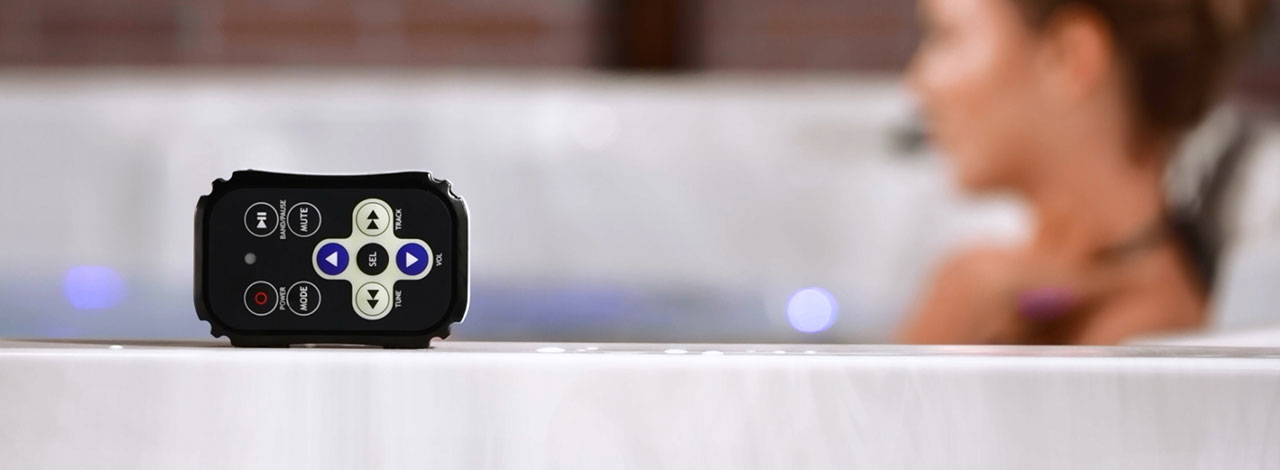
What is music therapy?
Hydrotherapy • Spa therapy
The concept behind music therapy is not new. Its benefits were known by ancient cultures from the Greeks to indigenous Americans. In more recent history, music therapy was employed in hospitals during World Wars I and II for the benefit of wounded veterans. Doctors, nurses and patients alike noticed how music improved the mood, overall outlook and perception of pain. In the context of spa therapy, music therapy draws upon this concept to promote mental and emotional stress relief.
Music therapy benefits
Regarding the biological effects of music, a 2013 study entitled “The Effect of Music on the Human Stress Response” concluded that listening to music has a direct impact on the psychobiological stress system, which effects behavior and mental experience. In the study, 60 healthy females were exposed to a standard psychosocial stress test to induce a physical stress response. Before the stress test, study participants were randomly assigned to one of three sound environments: listening to relaxing music, listening to rippling water and an environment with no audio stimulation. The result? “Listening to music… predominantly affected the autonomic nervous system (in terms of a faster recovery), and to a lesser degree the endocrine and psychological stress response.” Let’s consider the impact of these results.
The “autonomic nervous system” is responsible for controlling breathing, heartbeat, digestive processes and other bodily functions without conscious thought. If you suffer from anxiety attacks or have ever been in a stressful situation, you have experienced the reaction of this system: shortness of breath, a racing heartbeat and perhaps even indigestion. Listening to music enables this involuntary system to recover from stress more quickly.
The “endocrine system” is a collection of glands that produce hormones and regulate metabolism, tissue function, sexual function, sleep and mood. This includes the adrenal glands which produce the steroid hormone cortisol, often referred to as the “stress hormone.” In the aforementioned study, the biggest difference between those who listened to relaxing music versus rippling water was their “cortisol response.”
Finally, the “psychological stress response” is a subjective reaction to stress. According to the same study, the subjective perception of stress decreased while listening to music and was on par with listening to the sound of rippling water. Now imagine combining the sound of relaxing music and rippling water together as you relax in a Marquis hot tub.
To learn more about Marquis hot tub audio options to enhance your hydrotherapy experience, contact your local Marquis Dealer.







